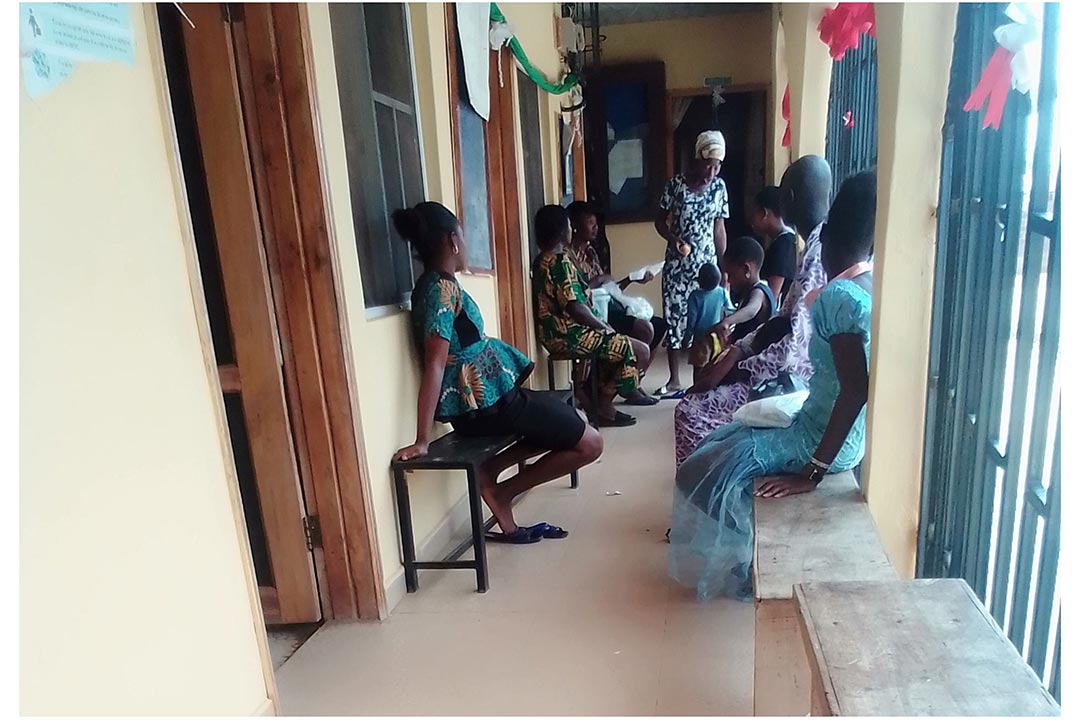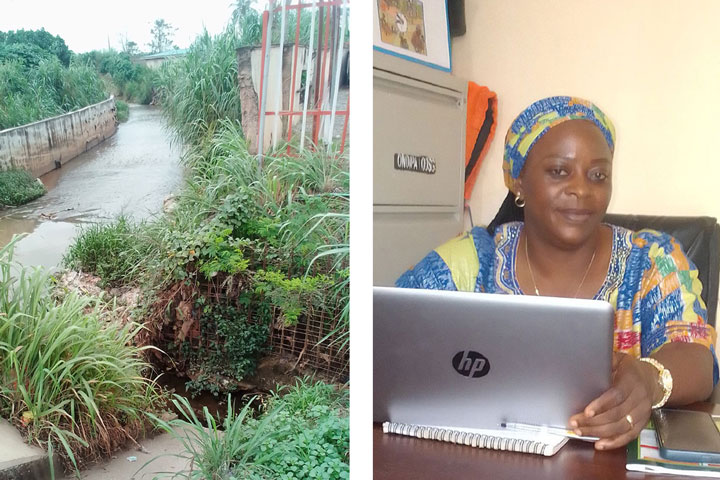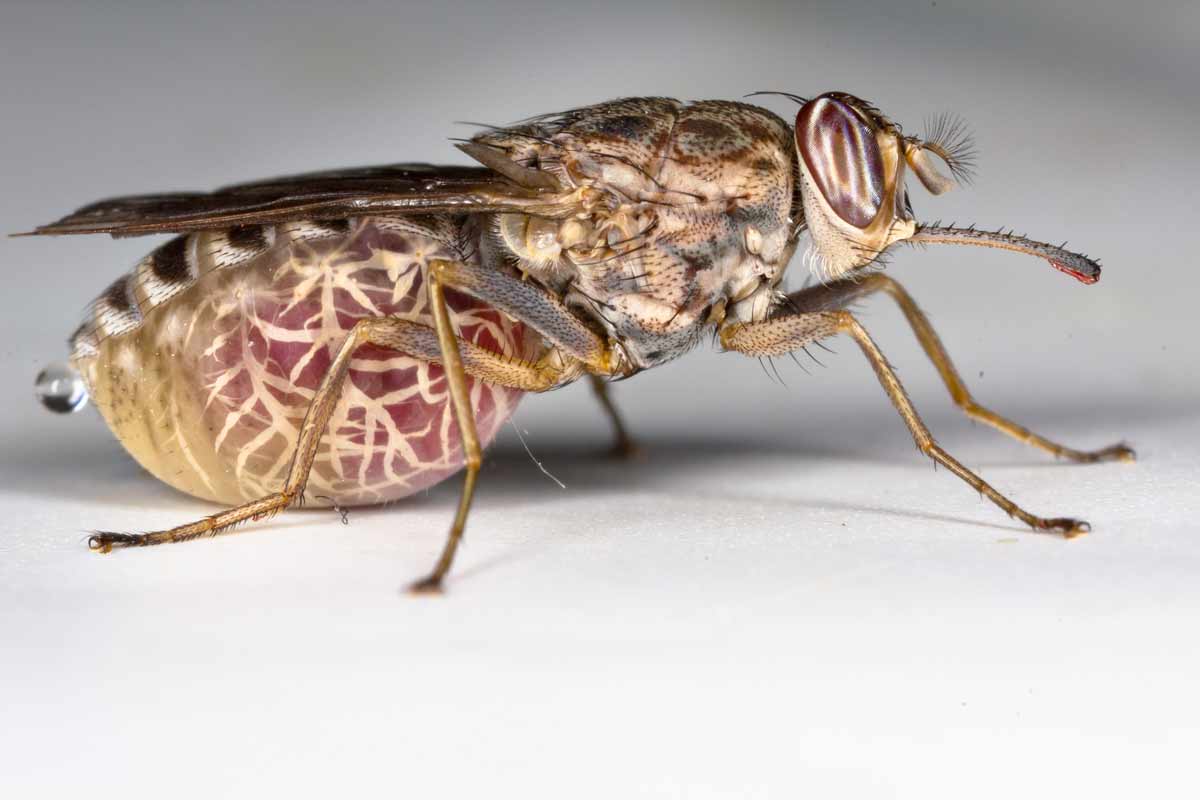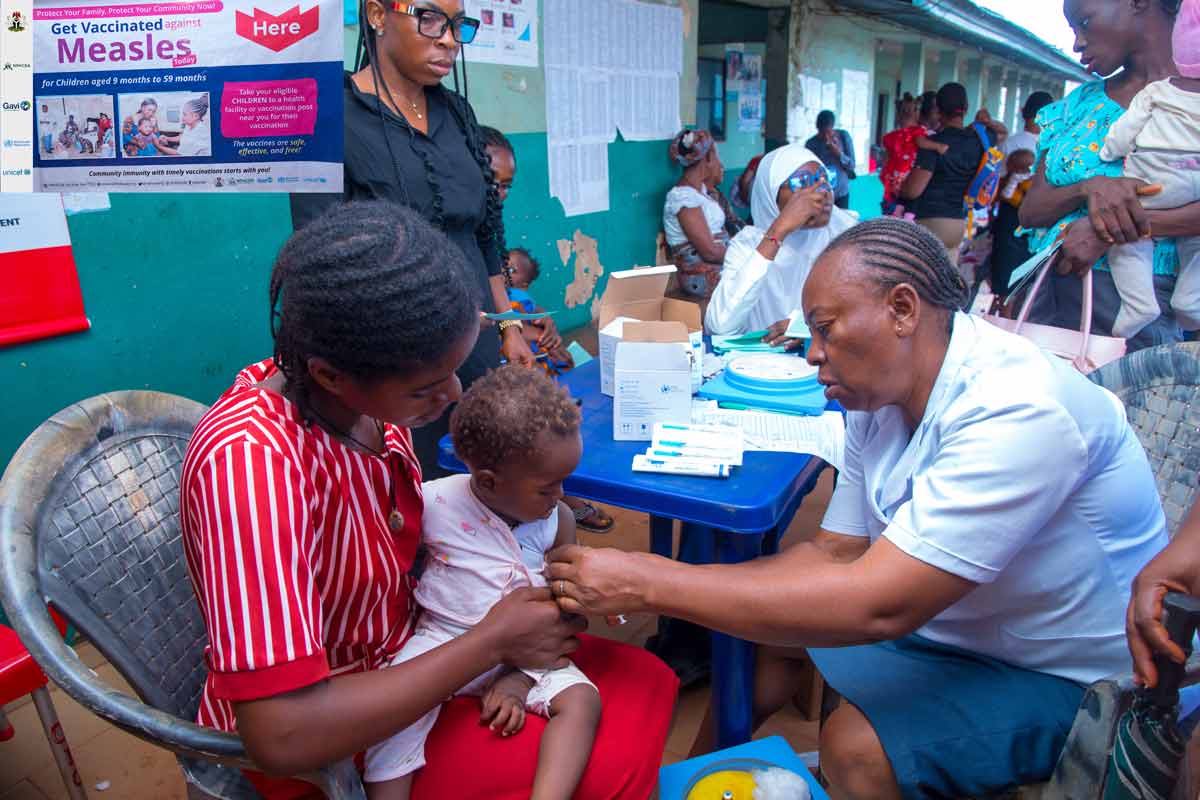Severe pneumonia in decline in Nigeria following pneumococcal vaccine roll-out
Since PCV joined the roster of routine jabs in Nigeria, researchers find a measurable reduction in the burden of pneumonia, while health workers on the frontlines say fewer mothers’ hearts are being broken.
- 2 January 2024
- 5 min read
- by Adetokunbo Abiola
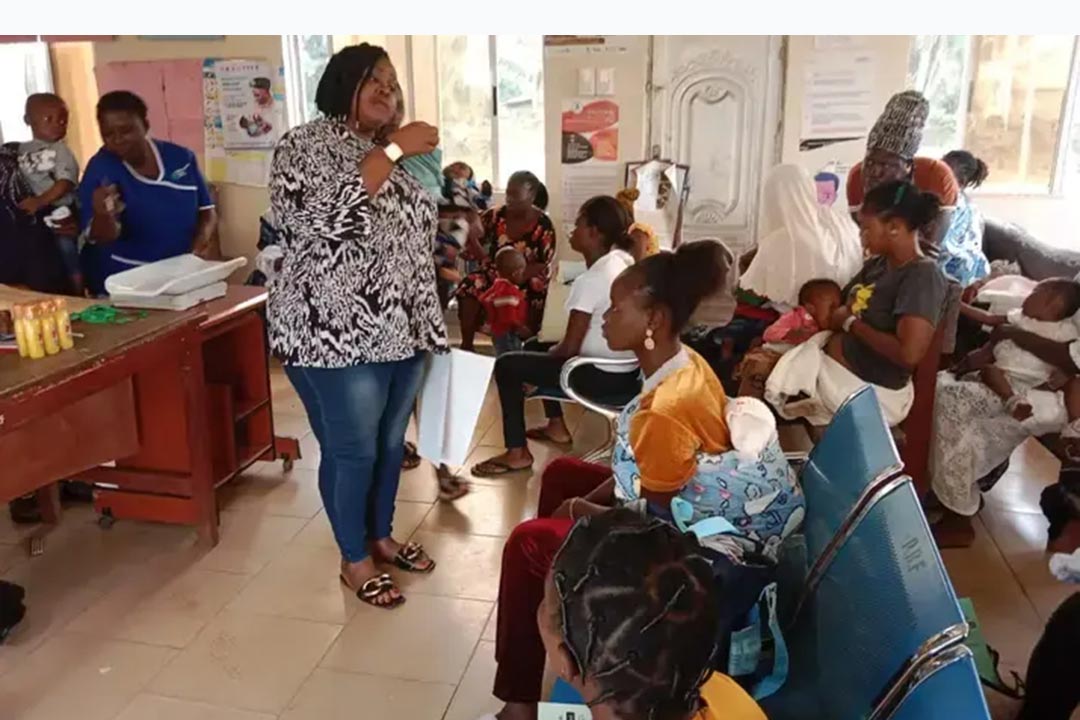
Four days after Yemi Adetumobi gave birth to her daughter in June 2022 at Akure in Nigeria, she noticed the child's chest heaving. In panic, she took her to the Ondo State Specialist Hospital, where doctors diagnosed a case of severe pneumonia. "After two days, my daughter got better, and I was happy. But soon, I worried about her, because at times, I saw my daughter gasping, meaning she still had breathing problems," Adetumobi recalled.
"There’s been pneumonia reduction since 2014 due to [PCV] usage. Mothers have been accepting vaccination for their children, having been aware of its effectiveness. Findings in other places about reduction of hospitalised cases in relation to pneumonia due to the use of PCVs are in tandem with what is happening in Ondo State."
– Dr Francis Akanbiamu, the Permanent Secretary, Ondo State Primary Healthcare Development Agency
But when the little girl turned nine months old, she received a measure of protection: the booster dose of the pneumococcal conjugate accine (PCV). Adetumobi remembers the relief.
Relief, quantified
Worldwide, 750,000 children died last year from severe pneumonia, brought on in many cases by pneumococcus bacteria. The bacteria can also induce meningitis, sepsis and other serious illnesses. "Thank God for the PCV vaccine," Adetumobi said. "My daughter overcame the pneumonia."

Credit: Adetokunbo Abiola
PCV was licensed for use in children aged under five in the year 2000. In December 2014, through the support of Gavi, the Vaccine Alliance, Nigeria joined other nations to launch the PCV vaccine as part of its routine immunisation programme. In 2014, nearly 480 children per 100,000 in Nigeria died of pneumonia or other lower respiratory infections. By 2019, that number had declined to 386 per 100,000.
As of 2022, Nigeria has achieved 60% coverage with the final dose of the PCV vaccine, according to UNICEF and WHO data.
"We found that the proportion of hospitalized pneumonia cases decreased after three years of PCV introduction into the National Immunisation Programme in Nigeria," wrote Dr Jalo Iliya, Chief Paediatrician at the Federal Medical Centre, Gombe, in a research paper published this month in the journal Human Vaccine Immunotherapy. Iliya's findings are consistent with studies, such as various pieces of Gavi-funded research on the impact of 10-valent PCV, including work published in the Lancet in 2022 and 2023. "The death rates during post-PCV introduction decreased at all sites chosen for the study," Iliya said in his study.
Have you read?
Another Nigerian study looked at the population-level effects of rising PCV coverage, by analysing carriage of vaccine-type pneumococcus bacteria, rather than episodes of illness. In that paper, published in Nature Communications in May 2023, the researchers wrote, "We documented carriage prevalence and vaccine coverage in two settings annually between 2016 and 2020, following PCV10 introduction. Among rural participants, VT carriage prevalence fell from 21 to 12 percent as vaccine coverage rose seven to 84 percent. The same trend took place in urban areas. Increasing PCV10 coverage reduced pneumococcal infection at all ages, implying at least a comparable reduction in IPD."
The view from Ondo
Speaking to VaccinesWork, Dr Francis Akanbiamu, the Permanent Secretary, Ondo State Primary Healthcare Development Agency (OSPHCDA), said that PCV had been extremely effective as a means to protect children from pneumonia.
"So many deaths happened before the introduction of PCV. The hearts of many mothers were broken due to pneumonia. But after the introduction of PCV in Ondo State, the cases came down. Hospital admission decreased."
– Kemi Olowokere, health worker, State Specialist Hospital, Akure
"There's been pneumonia reduction since 2014 due to [PCV] usage. Mothers have been accepting vaccination for their children, having been aware of its effectiveness. They know it protects children's organs against pneumonia. Findings in other places about reduction of hospitalised cases in relation to pneumonia due to the use of PCVs are in tandem with what is happening in Ondo State," Akanbiamu stated.

Credit: Adetokunbo Abiola
Modupe Sipasi, a teacher from Akure in Ondo state, recalls, "It was a terrible time for me, when my second-born son, who came to the world in 2019, started to breathe in a way I didn't understand, as it was not normal.
"I rushed him to Oda Health Centre for a check-up. The nurse there told me to go to the Specialist Hospital in Akure. The doctor discovered that my son had pneumonia and admitted him."
Sipasi is convinced that having received a dose of PCV vaccination reduced the severity of her child's illness. "Only God saved my child from pneumonia through PCV, because the doctor told me he could have died," she says. "I would have had hypertension. The doctor even recommended the use of an inhaler. Thank God there was PCV. It also saved my friend's son from pneumonia. Mothers should listen to nurses and doctors. Children need to get the entire gamut of vaccines, not missing any."
Kemi Olowokere, a health worker in the State Specialist Hospital in Akure, echoes her. She told VaccinesWork, "So many deaths happened before the introduction of PCV. The hearts of many mothers were broken due to pneumonia. But after the introduction of PCV in Ondo State, the cases came down. Hospital admission decreased."
Gavi-funded studies reveal that nations such as Mozambique, Burkina Faso, Gambia and Kenya show the efficacy of PCV in the reduction of hospitalised cases of pneumonia. The trend also extends to Mongolia, Lao People's Democratic Republic, Bangladesh, Nepal and Pakistan.
